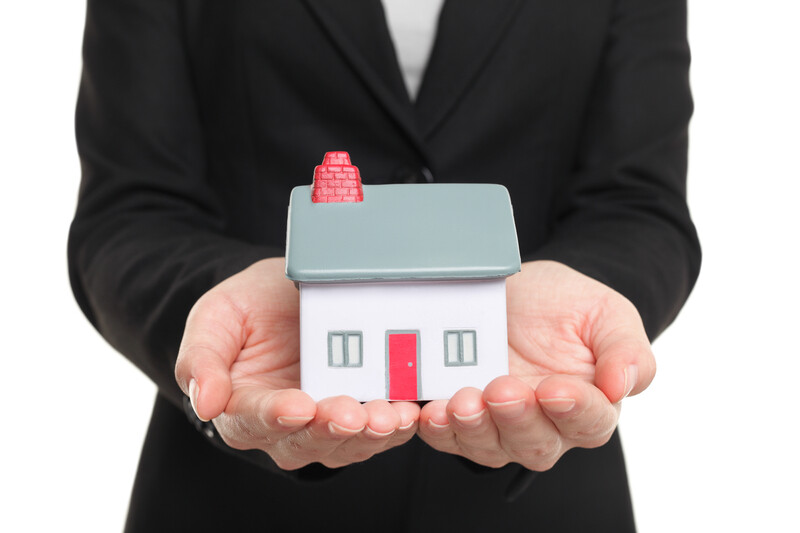What Happens to Rental Property in Bankruptcy
One of the most important concerns many of our clients have is how bankruptcy will impact their lease on an apartment of home. This concern arises in one of two scenarios: (1) the client-debtor has arrearages and is filing bankruptcy, at least in part, to avoid paying the past-due rent and perhaps avoid immediate eviction; 0r (2) the client-debtor is current and wants stay in the property. We’ll address each scenario in this article.
I Want to Stay in the rental property
If you want to stay in the rental property, you will have that choice in filing bankruptcy. When your bankruptcy papers are filled out you will indicate whether you want to reject the ongoing obligations of the lease or assume the lease. If you indicate that you want to assume the lease, then the lease terms remains intact and you will be able to remain the property by completing your obligations under the lease i.e. pay rent.
If you have arrearages (past due amounts) and want to stay in the property things get a bit tricky. When you file for bankruptcy, the moment the case is filed with the bankruptcy court, a line is drawn in the sand. All debts that are owed at that moment are subject to the bankruptcy court’s automatic stay. Any debts that arise after the case is filed, however, are not subject to the automatic stay. The automatic stay applies to the pre-petition arrearages, but the landlord can (1) file a motion for relief of the automatic stay and ask the court for permission to evict you unless you bring the arrearages current. If you have arrearages, even if they arose prior to filing for bankruptcy, the court will grant the landlord permission and you will be evicted. That’s because bankruptcy only prevents collection of a debt, but it doesn’t ensure that you remain in the property. In other words bankruptcy doesn’t allow you stay in the property and not pay. The rule of thumb is that if you want to stay in the property, you need to be current or be prepared to bring it current and keep it current.
I Want to Reject the rental property and leave
If you want to reject the rental property and leave you will simply indicate that is your intention when filling out the bankruptcy paperwork. In that case you are not obligated to repay any pre-petition arrerages.
When Will I Have to Leave?
Usually the first question asked after it is established that the client wants to leave the property is when will they be required to leave the property. The simple answer is as soon as possible, but certainly before the next rent payment is due. If you do not vacate the property before the next rent payment is due, you are responsible for the rent payment and that payment will NOT be discharged in your bankruptcy. If you don’t vacate the property the landlord is free to evict you. Under Utah law if the landlord evicts you, you are responsible for triple damages. Again, if that happens, the bankruptcy will not discharge that debt because the obligation arose after filing the bankruptcy case. Because of the substantial damages, you need to be very careful with post-petition rents not being paid.
Schedule a Free Bankruptcy consultation to get individual advice on how bankruptcy will impact your situation.







